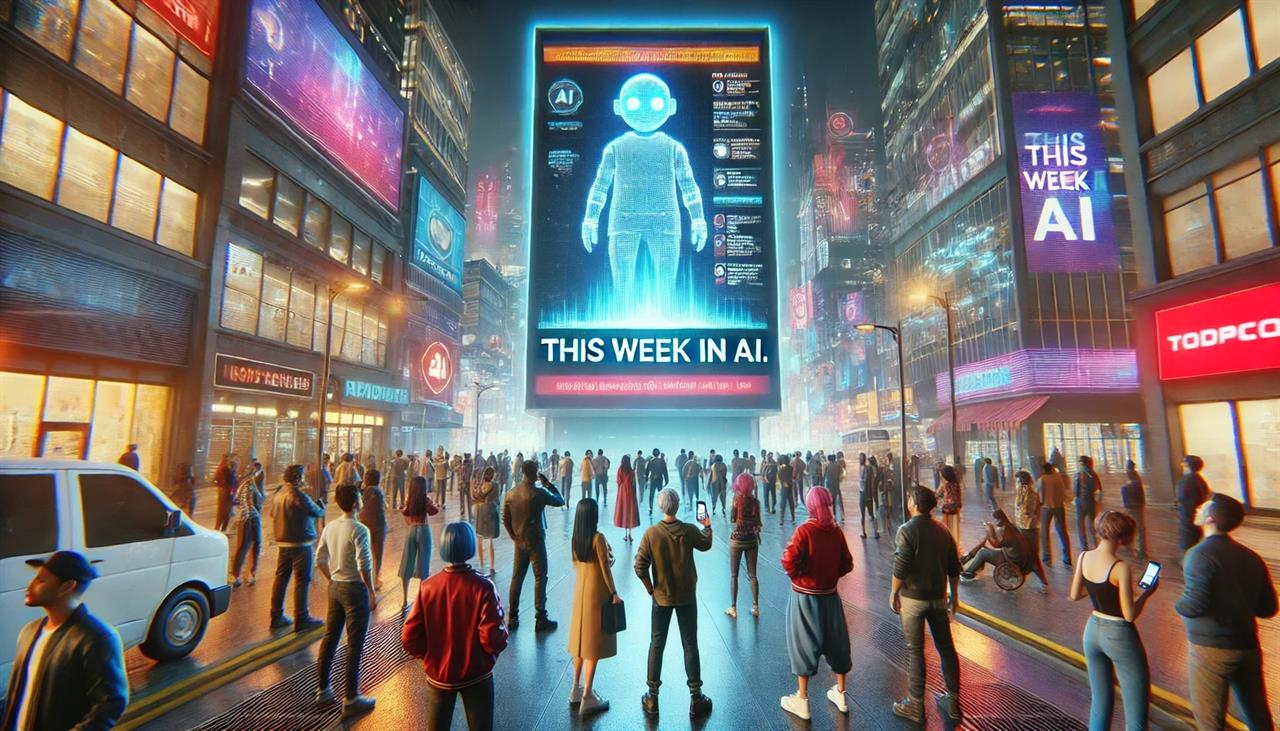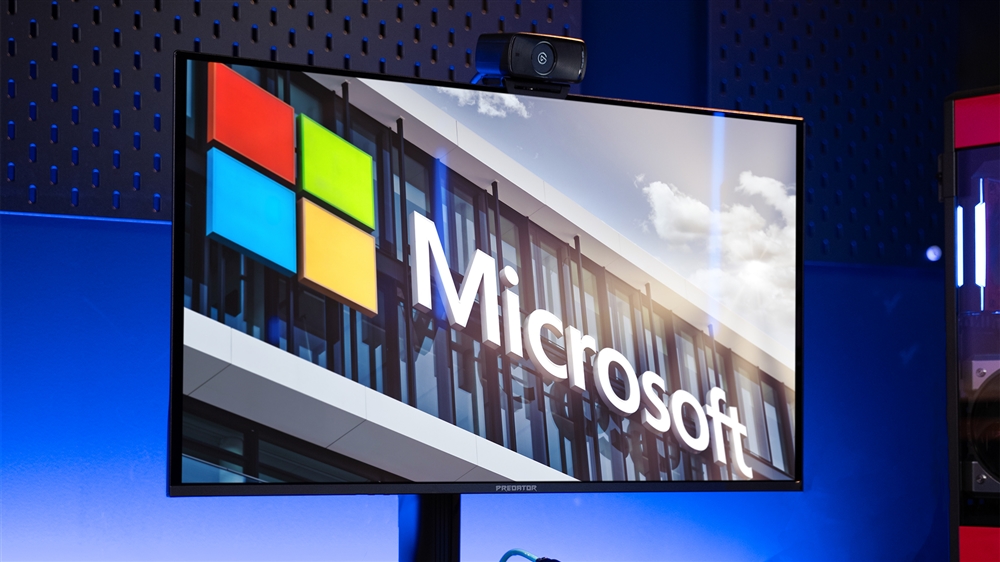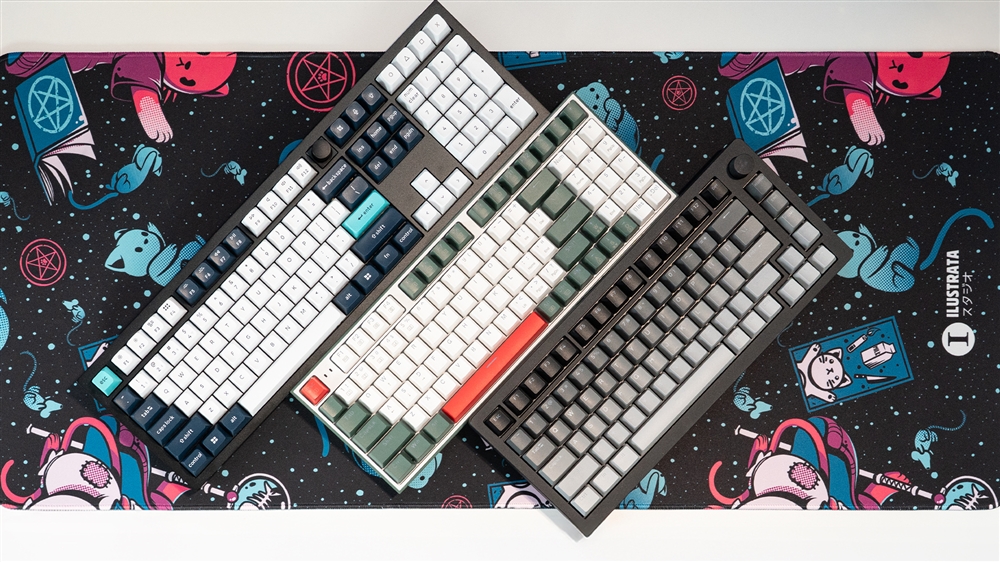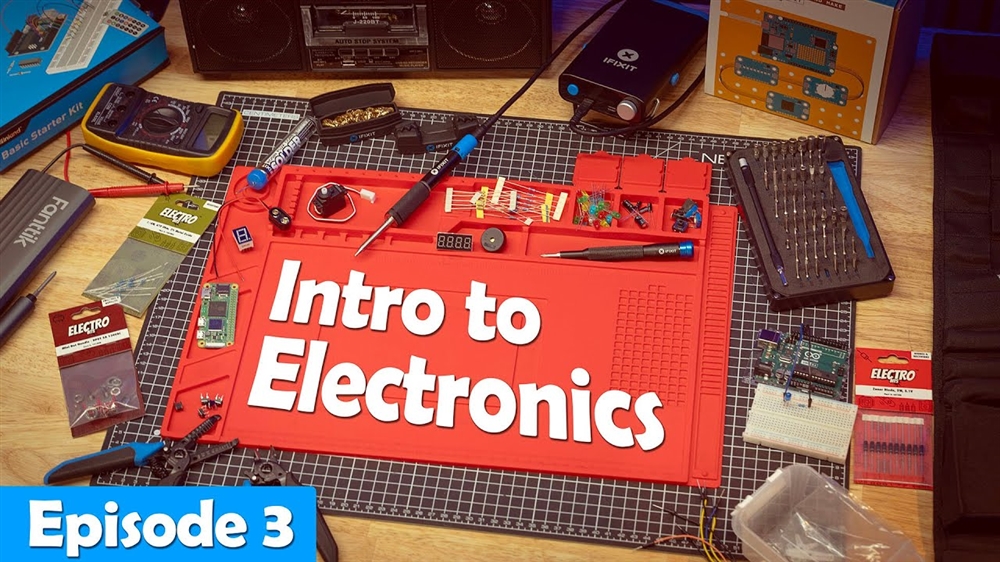This Week in AI: AMD Scores with AI Chips, Meet Your New AI Friend
For Aug 2, 2024: AMD's AI takes off, Facebook uses AI for ads, Friend selling an AI buddyNews
 Image: ChatGPT; Prompt: Dan Ackerman
Image: ChatGPT; Prompt: Dan Ackerman
Now, the first thing that probably comes to mind is NVIDIA, and its GPUs that power many of the world's most widely-used AIs. Perhaps you'd start talking about Qualcomm, whose Snapdragon chips have jumped from smartphones to computers as part of Microsoft's Copilot Plus initiative. Or maybe, if not them, you'd get caught up talking about Apple's well-received switch to its own M-series microprocessors for laptops, desktops and even some iPads.
Of course, the thing they all have in common is how well these chips handle AI tasks, and how quickly the tech industry pivoted toward them as this new boom began.
Well, now you can add AMD to that list. Intel's longtime arch rival announced surprisingly strong sales and profits for the three months ended June 29. Moreover, AMD said demand for its new AI chips exploded to $1 billion, while sales of its new desktop and laptop chips with AI accelerators built in are outstripping supply.
"We are excited about the unprecedented opportunities in front of us," AMD CEO Lisa Su said when discussing the company's results on a conference call this week. And, she added, "We feel really good about our road map."
Facebook spreads AI across its business
Facebook and Instagram parent Meta said AI technologies are starting to change the way it sells and places ads on its site.
“The ways that it’s improving recommendations and helping people find better content, as well as making the advertising experiences more effective, I think there’s a lot of upside there,” Meta CEO Mark Zuckerberg said on a conference call after announcing better-than-expected financial results on Wednesday. “Those are already products that are at scale. The AI work that we’re doing is going to improve that.”
Meta is also now letting some of its most popular users in the US create AI chatbots that are trained to respond to eager fans. Thankfully, Meta makes sure to label when you're talking to an AI, as opposed to a real live human. If you want to try out Meta's AI Studio, only available in the US for now, check it out here.
Reddit brings down its banhammer
Reddit joined the AI wars this week, blocking major search engines, AIs and other web indexers from collecting information off its site. The only company allowed is Google, which reportedly struck an agreement with Reddit to access its content for $60 million per year.
This move could lead to a significant shift for those not-Google companies, who have increasingly relied on the site's gold mine of endless posts and comments to help direct people to helpful information around the web.
This may also amp up challenges for AI companies, who are always hunting for new content to feed to their ever growing large language models. Experts warn that AI companies may actually run out of things to feed into their systems. Maybe we'll finally find out what's at the end of the internet.
Meet your new Friend
People often have a term for pets who stay by their side, moving from chair to room to another chair: A shadow.
Now, a startup wants you to wear an AI pendant that's constantly listening to everything around you, sending comment alerts to your phone whenever it has something to say. Its name is Friend.
Black Mirror jokes aside, this idea is the latest in a series of products attempting to bring AI into our lives in ways other than a smartphone or computer screen. Other efforts such as the $699 Humane AI Pin and $199 Rabbit R1 have already flopped largely because they tried to recreate smartphones and apps through AI conversations, and were generally not great at it.
Friend, by comparison, isn't trying to be another smartphone. Instead, this $99 pendant is taking the idea of an AI friend to a whole new level, essentially acting as a companion throughout your day.
It'll be interesting to see how Friend works out. It launches in early 2025.
Read more: AI Tools and Tips
- Microsoft Surface Laptop Review: The First Copilot Plus PC
- How To Use AI to Convert a Photo to a 3D Model
- What is TOPS? The AI Performance Metric Explained
- Copilot Plus PCs vs AI PCs: What's The Difference?
- Hands-on with the Faster, Smarter ChatGPT-4o AI
- Why Coders are Learning to Love Copilot
- How to Get NVIDIA Chat with RTX: Local AI for Everyone
- How to Make Sure Your Next Computer Is AI Ready
Ian Sherr is a widely published journalist who's covered nearly every major tech company from Apple to Netflix, Facebook, Google, Microsoft, and more for CBS News, The Wall Street Journal, Reuters, and CNET. His stories and their insights have moved markets, changed how companies see themselves and given readers a unique view into how some of the world’s most powerful brands operate. Aside from writing, he tinkers with tech at home, is a longtime fencer -- the kind with swords -- and began woodworking during the pandemic.
Comment on This Post
See More Blog Categories
Recent Posts
This Week in AI: Microsoft's Says AI Can Diagnose Patients Better Than Doctors
For July 4, 2025: Cloudflare blocking chatbots, ChatGPT referrals to news sites tick up, AI laws remain for states to decide.
Continue Reading About This Week in AI: Microsoft's Says AI Can Diagnose Patients Better Than DoctorsWatch: Intro to Electronics at Micro Center - Episode 3: Arduino and Servo Motors
In our new Intro to Electronics episode, we continue our DIY journey with some servo motors and an Arduino Kit, including code demonstration.
Continue Reading About Watch: Intro to Electronics at Micro Center - Episode 3: Arduino and Servo Motors









